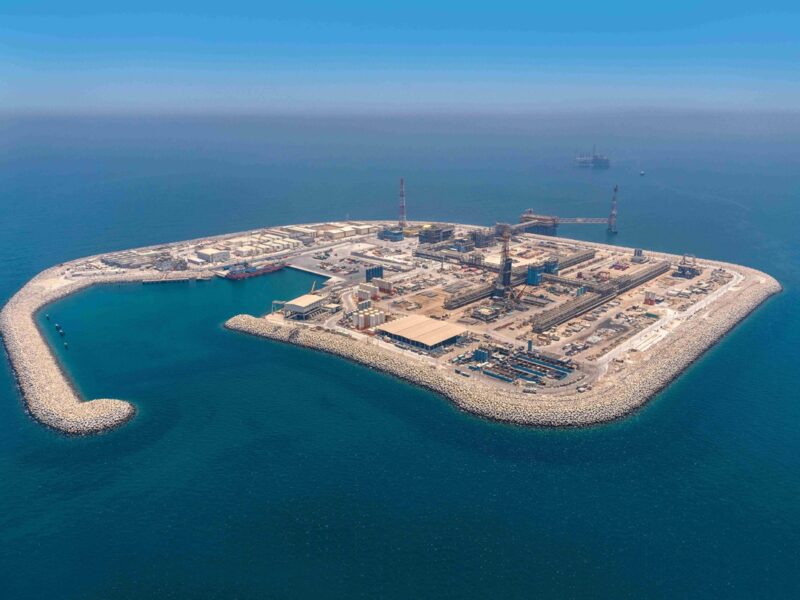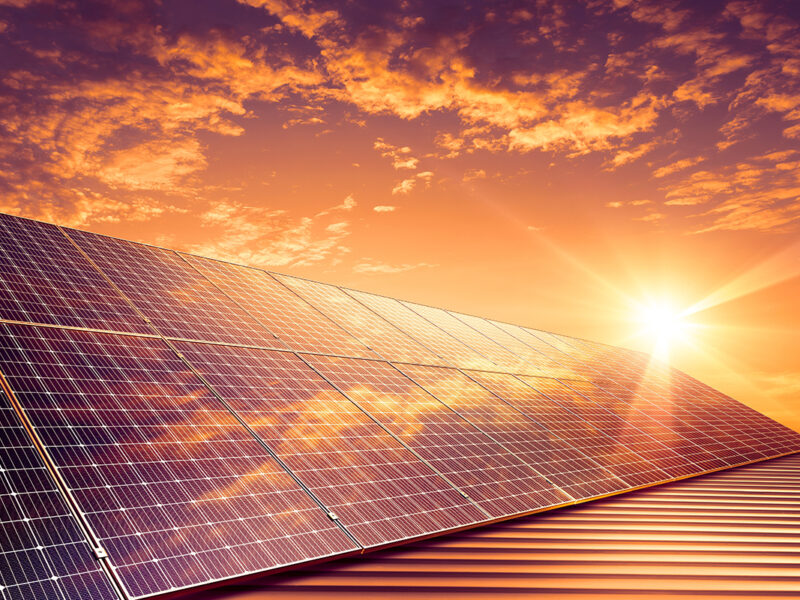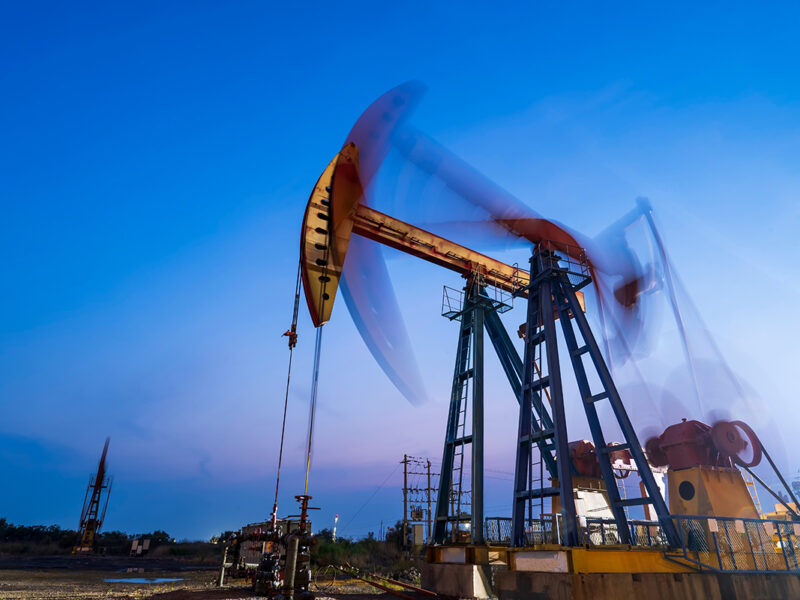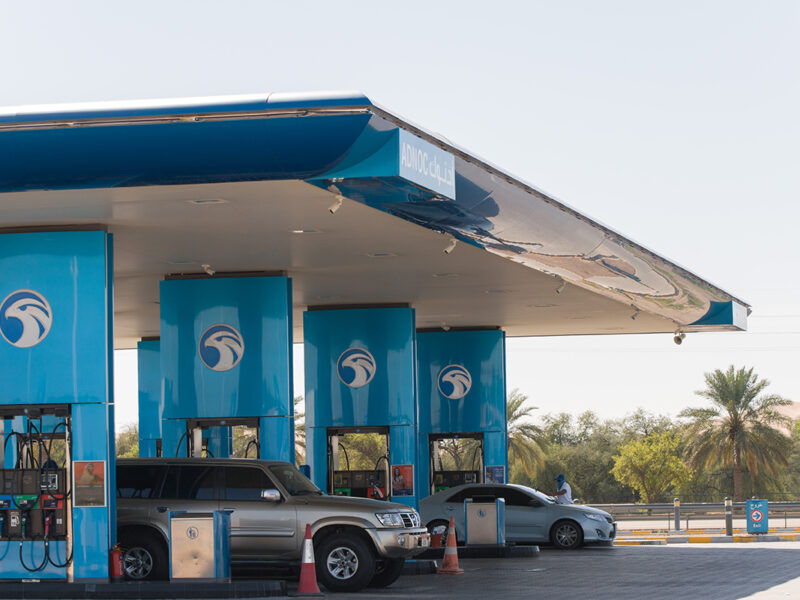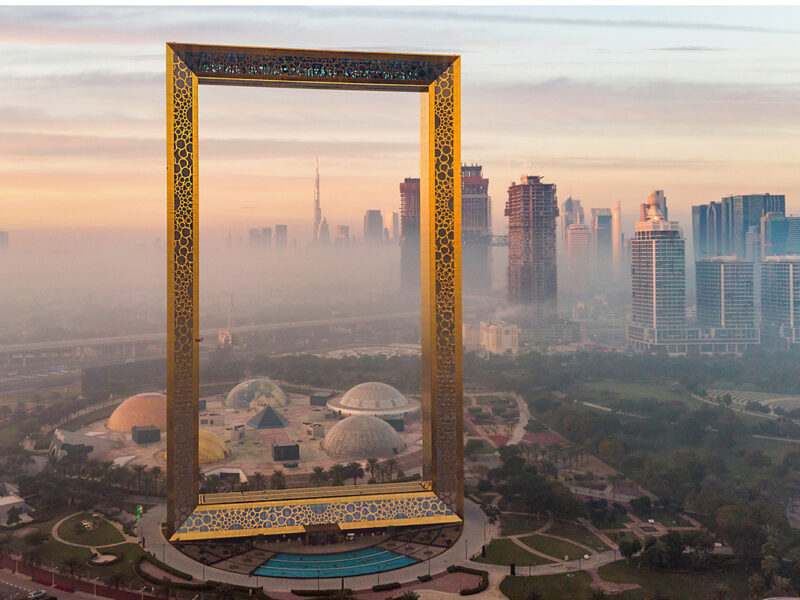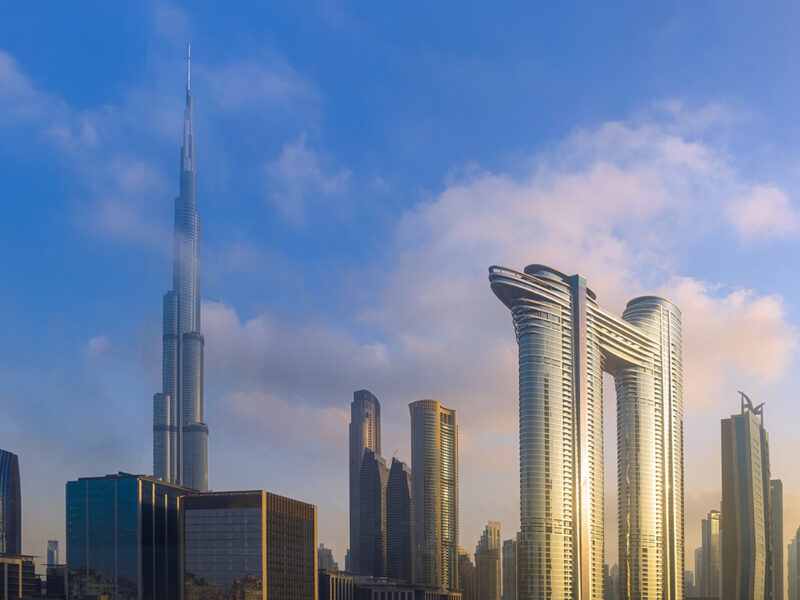It’s a rare day indeed when I welcome the opportunity to spend more on a commodity that I use every day. But the UAE’s decision to ‘deregulate’ petrol and diesel prices is a move that this magazine has been backing for some time.
From a political perspective, this has not been an easy call. Even before the announcement was made, plenty of consumers were already grumbling about the price of petrol, which is roughly three times more expensive in the UAE than it is in neighbouring Saudi Arabia. In February, a member of the Federal National Council called out the government for refusing to cut fuel costs despite the fall in the oil price – an argument that showed a bewildering lack of understanding about the effect this subsidy, and others, is having on the UAE’s economy.
Now that the subsidy is being removed, you can expect the grumbling to get even louder. After all, inflation in Dubai is currently at a six-year high, and the costs associated with housing, education and utilities aren’t getting any cheaper.
However, it’s tough to argue with the rationale behind the move. According to the International Monetary Fund, the UAE’s total direct spending on energy subsidies fell by almost a third to $12.6bn over the last year or so – good news in itself. Petroleum subsidies make up $7bn of that sum – the equivalent of around 1.75 percent of GDP in 2014, and just over half the federal budget for 2015.
That alone is a huge saving at a time when the UAE is facing its first fiscal deficit in years. Better still, if less petrol is guzzled on the highways in Dubai and Abu Dhabi, more oil can be exported to other countries, strengthening the exchequer still further.
And then there’s also the benefit to the environment. The UAE and its fellow Gulf states rank amongst the worst in the world when it comes to carbon dioxide emissions per capita, and the World Bank claimed that the UAE had the worst air quality in the world earlier this month (an argument that the government has strenuously disputed).
The move will be a real shot in the arm for ENOC, EPPCO and Emarat, three of the UAE’s largest petrol station operators. For years, they have been put in the absurd position of having to buy petrol at international rates, before promptly selling it off at a fraction of the cost to local motorists. If there is a worse business model anywhere in the world, I have yet to see it.
There are still a few questions to be answered. Does regulating the price of fuel really amount to removing the subsidy entirely? And just how quickly will the price of gasoline ramp up? We’ll have a better idea as to how this will work when the new prices are announced on 1 August.
But drivers aren’t simply going to ditch their 4x4s. More money will need to be invested into the UAE’s public transport system. Newer, more efficient taxis, more buses and the completion of the country’s rail network should all be on the agenda. Suhail Al Mazroui, the Minister of Energy, has said that the decision will encourage consumers to use electric cars, but the infrastructure is not yet in place to allow that to happen.
The UAE is a country that has been addicted to cheap fuel for decades. At last, the government has taken the right step to kick that habit.

